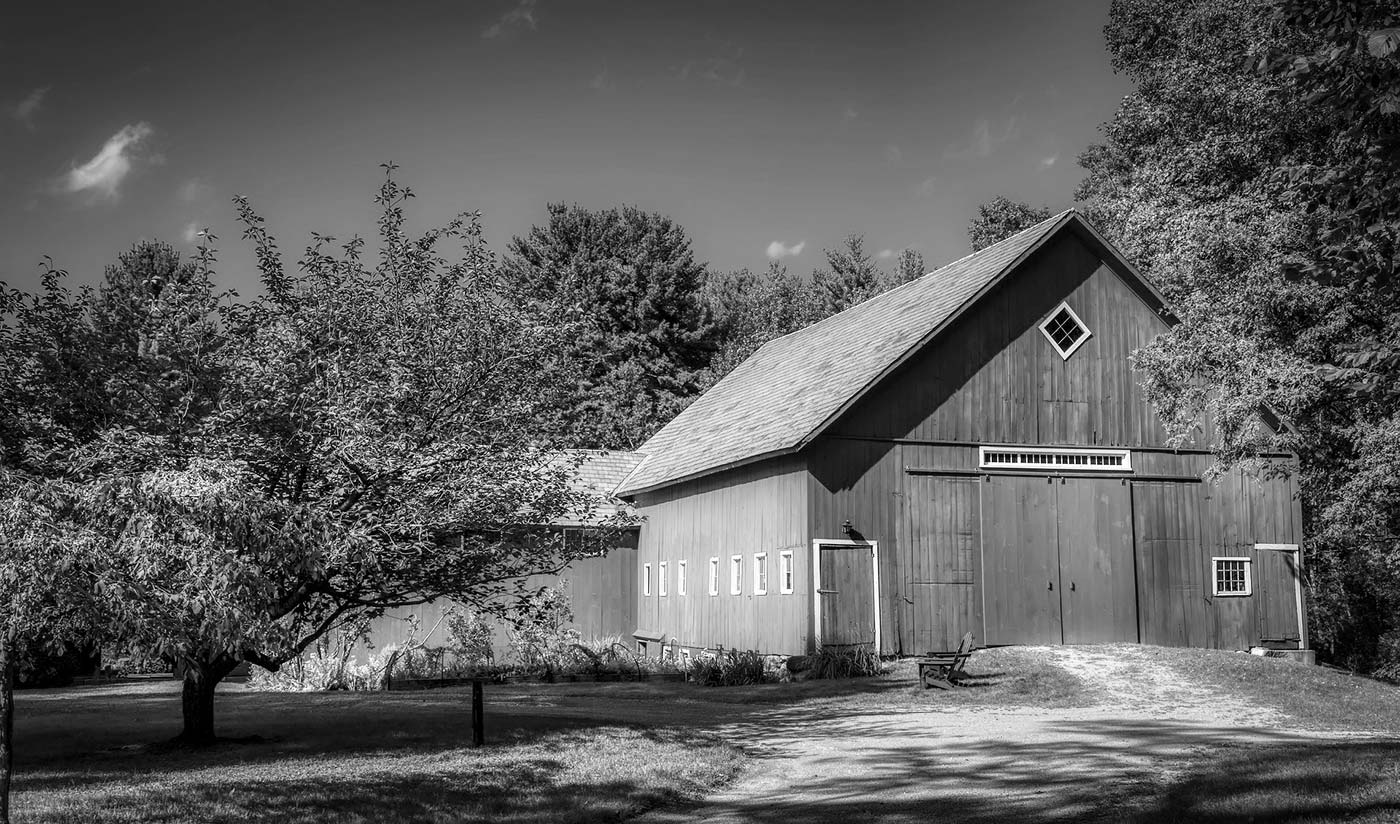Annie Harlow: Reflections on Supply-Chain Logistics
“It is because of our statewide sense of community and connections that we will continue to support each other, building an even stronger framework for our next event.” –Annie Harlow
Annie Harlow is an independent business consultant focused on getting food profitably from farms all the way through to stores. She has been instrumental in bringing together businesses to learn their part of the supply chain and the language of each other’s business. Through the Vermont Farm to Plate Network’s Grocers Project, she has organized forums, writes content for Small Bites, created the retail-training series, and worked as a data researcher documenting the growth of the Vermont food economy.
Vermont is a state made up of many self-operated or small businesses, including farmers, makers, shops, and restaurants. We’re known as a food state. And what is the state of our food? We know we’re “resilient.” We know we’re “Vermont strong and Darn Tough.” But we also took a hit this summer. These independent businesses have experienced a level of turmoil statewide that we haven’t felt before. In many locations, this July flood was even more impactful than Tropical Storm Irene was back in 2011. We have heard again and again that Vermonters want to spend their dollars on locally owned business to help keep cash flowing in our communities.
This summer, we had farmers who lost their crops and farmers who weren’t able to plant their later-season succession crops because of super-wet fields. We had small country stores that sustain many of our rural communities that suffered damage. In Johnson, the Sterling Market was completely underwater and Ludlow lost its Shaw’s supermarket. We had some roads washed out, which impacted actual distribution for a while. Independent distributors were in a predicament because some of the food manufacturers from whom they would be purchasing had their production facilities disrupted by the flooding.
I was talking to a small independent distributor in the first week after the flood about how he had to find alternative roads for his distribution routes. He just said, “I do whatever it takes right now for me to get the food to these stores.” Maybe that’s resilience or part of his business. He had this inventory, and he was determined to get it out no matter what. And he did
“Vermont has been the beacon in terms of neighbors helping neighbors and as being the healthiest state in the country. We produce amazing food and beverage. None of that has changed—we’re still here and definitely open for business, and we need people’s support and business now more than ever.” –Annie Harlow
General stores, delis, cafes, bars, and restaurants are community centers. When we get hit by something like this, we recognize the power of people coming together and what it means to be able to have food available in your community. These places are so important in our culture. All the constituents—farmers, general stores, restaurants, and distributors—are interconnected and dependent on one another. Our locally owned and operated businesses are the heart and soul of our small but mighty state and our small but mighty communities.
Vermont has been the beacon in terms of neighbors helping neighbors and as being the healthiest state in the country. We produce amazing food and beverage. None of that has changed—we’re still here and definitely open for business, and we need people’s support and business now more than ever.
We responded positively to the challenges of the pandemic, and Tropical Storm Irene forced us to improve our infrastructure. Our roads, culverts, and bridges are better, and many of them held during the flood. Another positive is that because of the pandemic, this little state became even more highly networked in its food-system work. Vermont is like no other state. As a result, within one day of the flood, there were funding, resources, and outreach for farmers, small businesses, communities. We work together. And in a catastrophe, everybody digs deep to give what they have. It is because of our statewide sense of community and connections that we will continue to support each other, building an even stronger framework for our next event.





